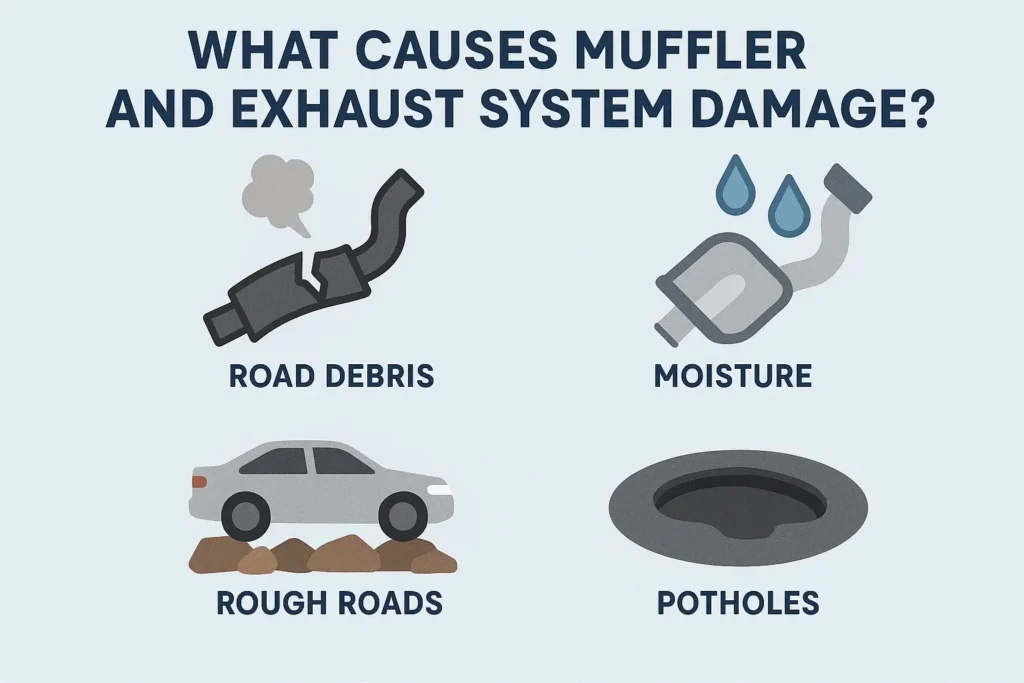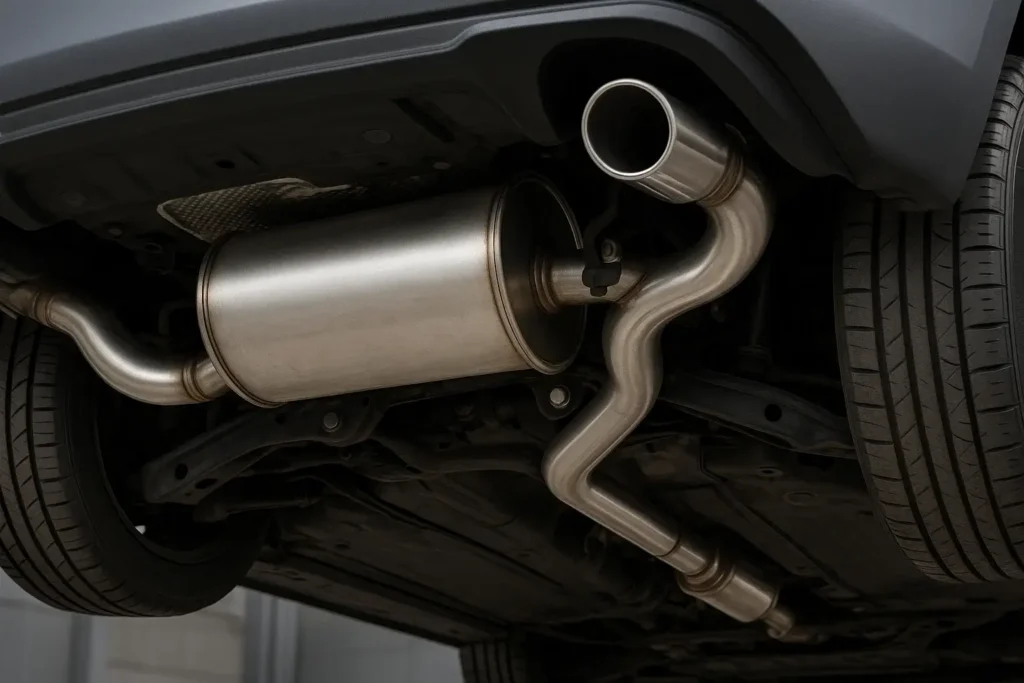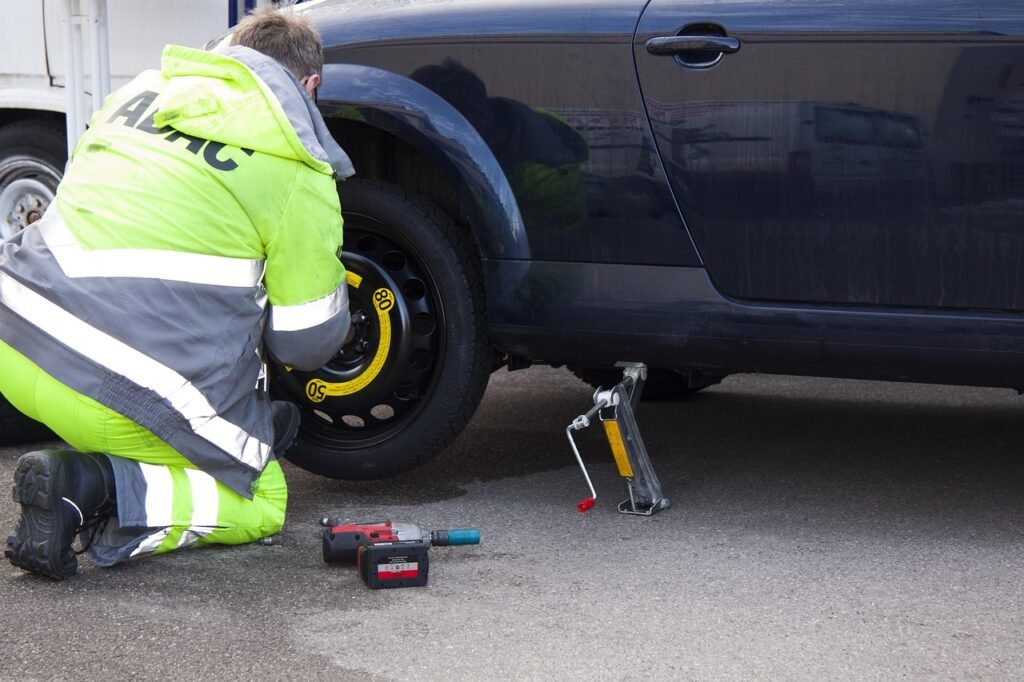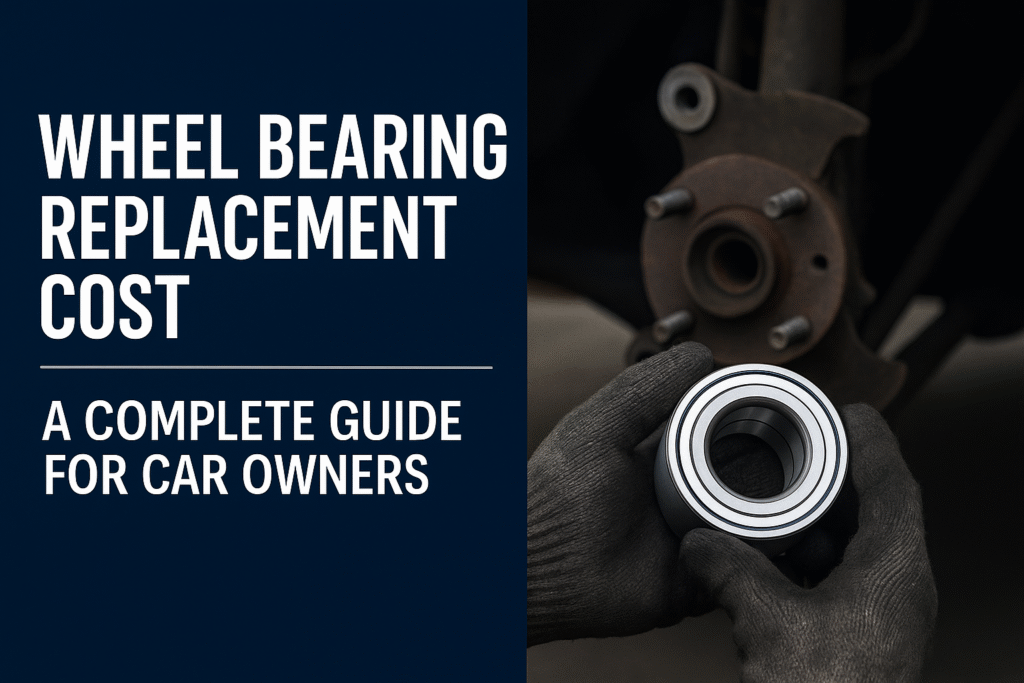If your car is suddenly louder than usual or you’re catching a whiff of exhaust fumes inside the cabin, your muffler might be trying to tell you something. Muffler problems are more than just noisy, they can reduce fuel efficiency, increase emissions, and even endanger your health.
In this expert guide, we’ll cover everything you need to know about muffler repair, including common symptoms, causes, repair methods, and when to seek professional help. Whether you’re a DIY enthusiast or simply trying to make an informed repair decision, this post is your complete resource.
Why Muffler and Exhaust System Maintenance Matters
Your vehicle’s exhaust system does more than just reduce noise—it plays a key role in emissions control and engine efficiency. The muffler, a core component, is designed to minimize engine noise and direct exhaust gases safely away from the cabin.
Neglecting your muffler or automotive exhaust system can lead to:
- Reduced engine performance
- Dangerous exhaust leaks (e.g., carbon monoxide)
- Failing emissions tests
- Fines for excessive noise
- Decreased fuel economy
Keeping your exhaust system in good condition helps you avoid expensive repairs, ensures your vehicle is safe, and keeps you compliant with local laws.
Common Signs Your Muffler Needs Repair
Wondering how to tell if your muffler is damaged? Here are some telltale signs:
1. Loud Engine Noise or Rattling
A damaged or detached muffler typically causes much louder engine noise. You might also hear rattling under the vehicle, which some drivers confuse with brake noises or squeaking sounds.
2. Decreased Fuel Efficiency
Exhaust system backpressure is carefully engineered. A leak or block in the muffler can throw off this balance, forcing the engine to work harder and burn more fuel.
3. Bad Smells or Fumes in the Cabin
If you smell exhaust inside your vehicle, get it checked immediately. A leaky muffler can release harmful gases like carbon monoxide, which can be fatal in enclosed spaces. If odors linger even after repairs, here’s how to eliminate strong smells from your car.
4. Visible Rust, Holes, or Hanging Parts
Look under your car for signs of corrosion, black soot, or dangling exhaust components. Rust is the number one culprit behind muffler failure.
5. Check Engine Light Is On
Modern vehicles monitor exhaust flow through O2 sensors. A check engine light may also show up with other warning lights, like the traction control light, depending on the issue.
What Causes Muffler and Exhaust System Damage?
Understanding the causes can help you avoid costly repairs:
- Moisture and Salt: Rust forms from water and road salt trapped in your exhaust.
- Road Debris and Impacts: Rocks, speed bumps, and potholes can dent or crack exhaust parts.
- Age and Wear: Mufflers generally last 5–7 years, depending on climate and driving habits.
- Poor Maintenance: Infrequent oil changes and neglected undercarriage washes accelerate exhaust deterioration.

Muffler Repair vs. Replacement – Which Do You Need?
Not every exhaust issue requires full replacement. Here’s how to tell:
- Minor Surface Rust or Small Holes? Try exhaust patch kits or muffler cement.
- Cracked Pipes or Major Rust? You’ll likely need a new muffler.
- Internal Damage or Baffles Loose? Replacement is the safest option.
- Muffler vs. Resonator or Catalytic Converter? Know which part is actually faulty. A muffler only controls noise; converters handle emissions.
Tip: A trustworthy mechanic will inspect the full exhaust system to pinpoint the issue.
How Muffler Repair Is Done – DIY & Professional Options
DIY Muffler Repair (For Minor Issues)
If you’re handy and the damage is minimal, try this DIY process. But if the issue runs deeper, like electrical or starting problems. Check out our guide on what to do if your car won’t start.
Tools Needed:
- Jack and jack stands
- Muffler patch kit or exhaust tape
- Safety glasses and gloves
Steps:
- Lift your vehicle and locate the damaged section.
- Clean the area with a wire brush.
- Apply muffler cement or wrap with exhaust tape.
- Let it cure for the specified time.
Warning: DIY repairs are temporary. Always monitor the area and follow up with a professional inspection.
What Professionals Do
At a muffler or exhaust repair shop, technicians will:
- Inspect the entire exhaust line, including catalytic converter and resonator
- Use diagnostic tools to confirm pressure or sensor issues
- Weld or replace damaged sections
- Install OEM or high-performance mufflers based on your needs
Bonus: Many shops offer warranties and emissions compliance checks.
How Much Does Muffler Repair Cost?
DIY Muffler Repair Costs
- Patch Kit or Tape: $10–$30
- Time: 1–2 hours
- Tools (if not already owned): $50–$150
Professional Muffler Repair Costs
- Welding or Minor Repair: $100–$300
- Full Replacement: $300–$1,000+
- Luxury or performance cars can exceed this
Cost Factors to Consider
- Vehicle make and model
- Severity and location of the damage
- Labor rates in your area
- OEM vs. aftermarket parts
How to Prevent Future Muffler Damage
Prevention is better (and cheaper) than repair. Here’s how to extend your exhaust system’s life:
- Wash your car’s undercarriage regularly, especially in winter, consider a waterless car wash to reduce corrosion
- Avoid short trips where condensation builds in the exhaust
- Use high-quality, rust-resistant exhaust parts
- Inspect exhaust components at every oil change
Choosing a Muffler Repair Shop – What to Look For
When it’s time to go pro, choose a shop that offers:
- ASE-certified technicians
- Fair pricing and detailed estimates
- Warranty on parts and labor
- Experience with your vehicle make
- Positive Google or Yelp reviews
Bonus Tip: Ask if they offer free inspections or diagnostic services.
Final Thoughts
A damaged muffler isn’t just an annoying noise problem—it can signal deeper issues in your car’s exhaust system, hurt your fuel economy, or even put your safety at risk.
If you notice loud noises, strange smells, or reduced performance, don’t wait. Inspect your muffler or book a professional repair today. A quick fix now can prevent costly damage down the road.
FAQs
How much does a muffler repair typically cost?
Muffler repair costs can vary based on the car model and the level of damage. On average, it ranges from $100 to $400. A quick visit to a repair shop will give you a more accurate estimate.
Is it safe to drive with a broken muffler?
It’s not ideal. A damaged muffler can release harmful fumes and reduce your car's performance. While your car might still run, ignoring the issue could lead to more serious and expensive problems down the line.
How long does it take to repair a muffler?
Most muffler repairs are pretty quick and can be done in 1–2 hours. However, if there’s rust, major damage, or parts need replacing, it might take a bit longer. Still, many shops offer same-day service.
Can a bad muffler impact fuel efficiency?
Yes, a faulty muffler can throw off your car’s engine balance, making it work harder and burn more fuel. Fixing it not only improves mileage but also helps your car run smoother and cleaner.



